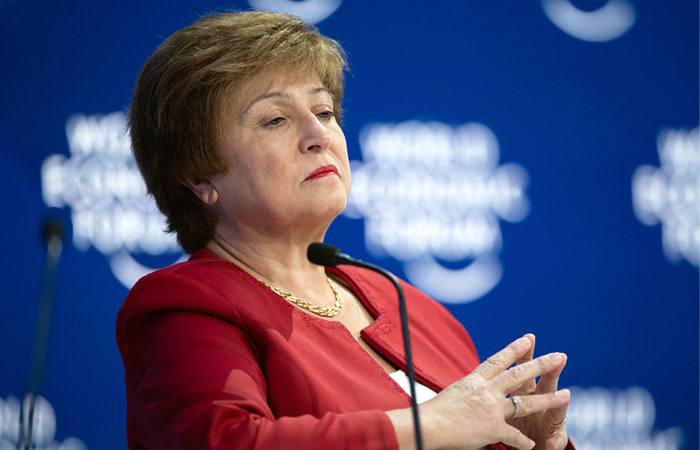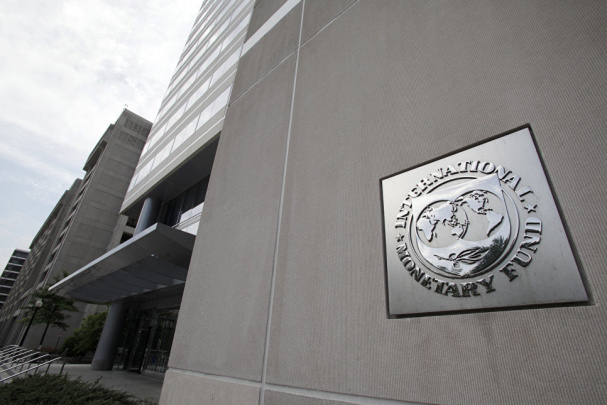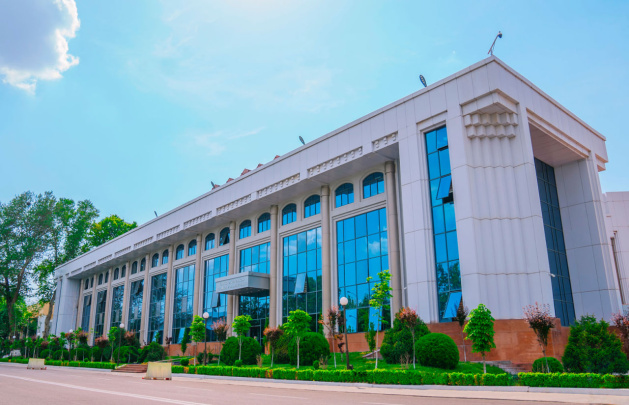Head of IMF arriving in Uzbekistan
Managing Director of the International Monetary Fund Kristalina Georgieva will visit Uzbekistan on June 6 and hold meetings with government officials. So, what kind of organization is the IMF?

Photo: TASS / GIAN EHRENZELLER / EPA
Uzbekistan became a member of the International Monetary Fund on September 21, 1992. In September 1993, an IMF representative office was opened in Tashkent. But by the end of the 90s, relations between the government of Uzbekistan and the IMF began to cool. In the international market, the price of gold and cotton, which are the main export products of the country, decreased significantly. This was the reason for the strengthening of protectionism in the country’s currency control and foreign trade policy. A large gap began to emerge between the official exchange rate and the unofficial market rate.
Christopher Rosenberg, who worked as a representative of the International Monetary Fund in Uzbekistan in 2001, informed that the fund’s representative office in Uzbekistan would be suspended due to the unstable policy of Karimov’s government and increasing economic isolation.
After the change of power in Uzbekistan, relations with the IMF, as well as with other international organizations, begin to improve. From September 2017, the procedure for freely setting the exchange rate based on supply and demand was introduced. On September 19 of the same year, a bilateral meeting was held between the President of Uzbekistan Shavkat Mirziyoyev and the Managing Director of the IMF, Christine Lagarde, and several agreements were reached.
What kind of organization is the IMF?
The International Monetary Fund is considered a specialized organization of the UN and was established on July 22, 1944 at the Bretton Woods conference in order to regulate monetary and financial relations. It started its activity in March 1947. Today, 190 organizations are members, and the financial reserves of the IMF are formed by the contributions of these countries. Membership fees are determined based on the relative size of the countries’ economies.
The main tasks of the IMF are:
- controlling fixed exchange rate regimes between countries, thereby assisting national governments in managing exchange rates, promoting exchange rate stability;
- helping achieve macroeconomic stability and reducing poverty;
- creating favorable conditions for the expansion and balanced growth of international trade;
- providing member countries with temporary financial resources to restore their balance of payments, as well as to reduce the duration and amount of their international balance of payment deficit;
- creation of a multilateral payment system and elimination of restrictions related to currency exchange that hinder the development of world trade;
- providing assistance and recommendations to reduce the level of poverty in member countries.
Since October 1, 2019, Kristalina Georgieva, a Bulgarian economist and professor, expert on sustainable development, has been working as the MD and Chairwoman of the executive board of the organization.
Related News

17:03 / 25.04.2025
IMF urges Uzbekistan to finalize transition reforms and expedite asset declaration law

19:43 / 07.03.2025
Uzbekistan’s foreign exchange reserves hit a record $45 billion in February

11:42 / 13.11.2024
Uzbekistan ranks lowest in Central Asia in Global AI Readiness Index

17:11 / 30.10.2024



